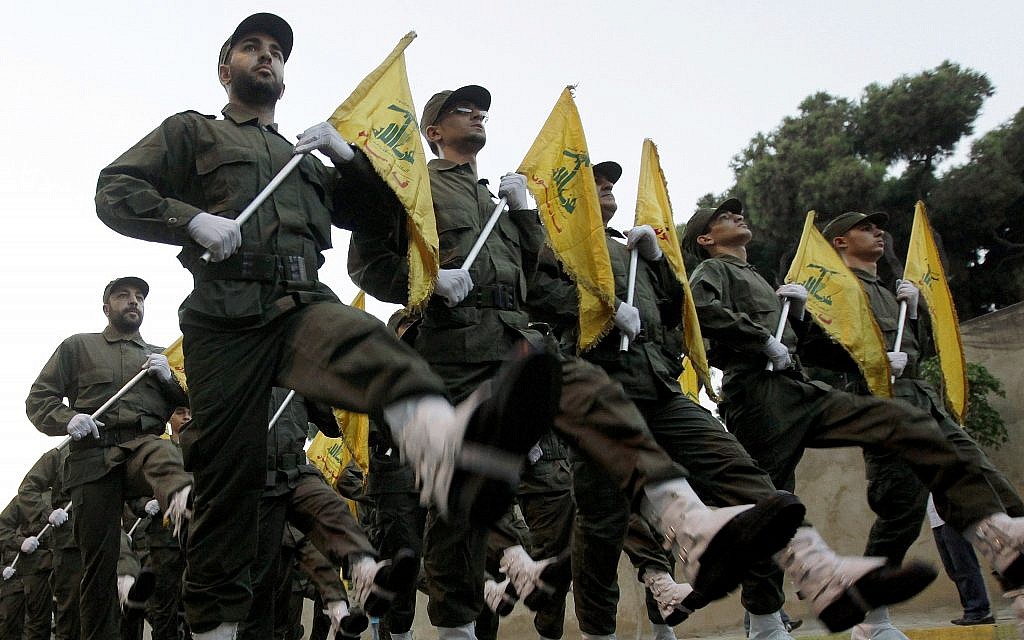Opening the weekly Cabinet meeting in Jerusalem, Israeli Prime Minister Benjamin Netanyahu spoke about the threat that Iran poses to Israel, in particular, and the region in general. He made specific reference to the recent riots in Baghdad, during which Iran’s proxy militant force in Iraq, al-Hashd al-Shaabi, killed 25 demonstrators (also here).
Mr Netanyahu evidently spoke of Iraq’s troubles to show that Israel recognises Iran’s actions across the region – in Gaza, Lebanon, Syria, Yemen and, of course, Iraq – as part of a consolidated attempt to create the so-called Shi’ite Crescent, which would stretch from Tehran to Beirut. That arc would function as Iran’s immediate zone of influence, in its battle for hegemony in the region.
His message follows that of Foreign Minister, Yisrael Katz, who threatened to resort to force if Iran went ahead with installing new, advanced centrifuges to enrich uranium to weapons-grade levels. Mr Katz also asked European countries to take a more assertive stance against Tehran, a call that was echoed by Mr Netanyahu in his own speech. Defence Minister, Naftali Bennett, added to those warnings, saying that Iran would do best by not crossing any “red lines”. Speaking in Sderot, near Gaza, Mr Bennett indicated his desire to change the equation between Israel on the one hand and Iran and its proxies on the other. As he put it:
We need to move from a defensive approach to an attacking approach. Whatever we’ll do – we’ll do it at the right time – in the right way and with great power. No one will drag us to it. A good ruse is served cold, not when the blood is boiling and the other side waits of it. … Our enemies have become accustomed to firing towards the State of Israel. We need to change that.
Read the article by Lindsay Hughes, Senior Research Analyst, Indo-Pacific Research Programme on Future Directions International.

